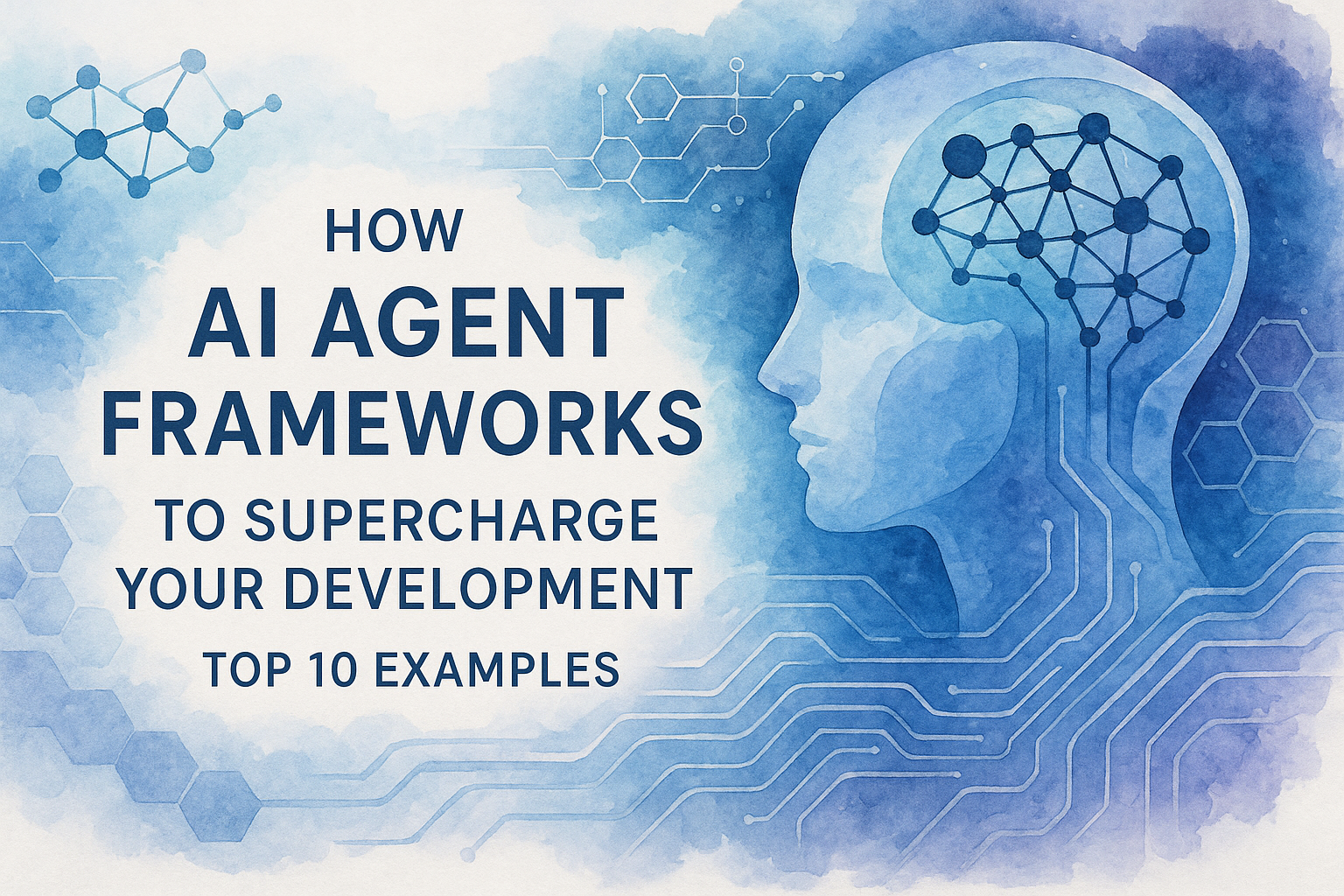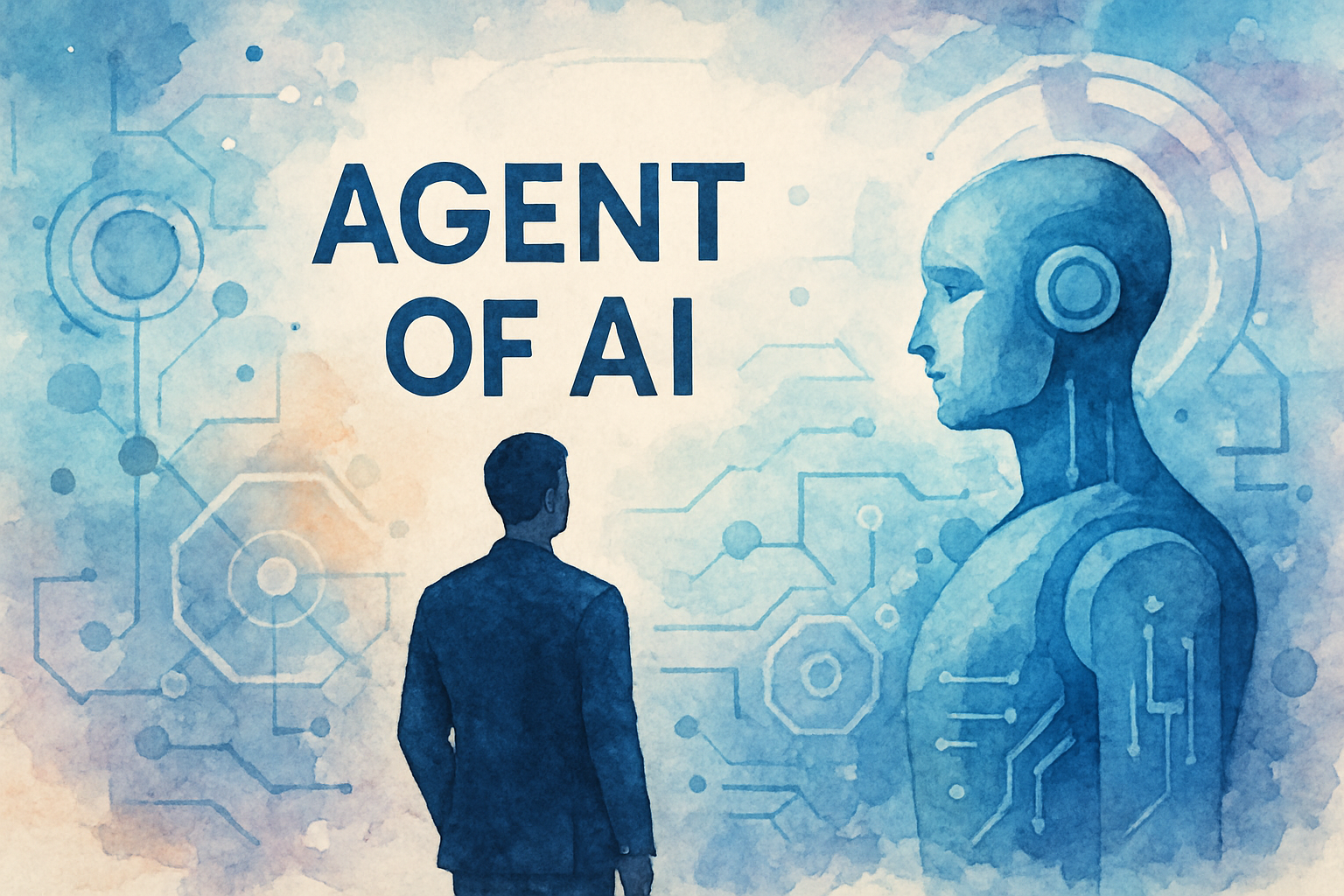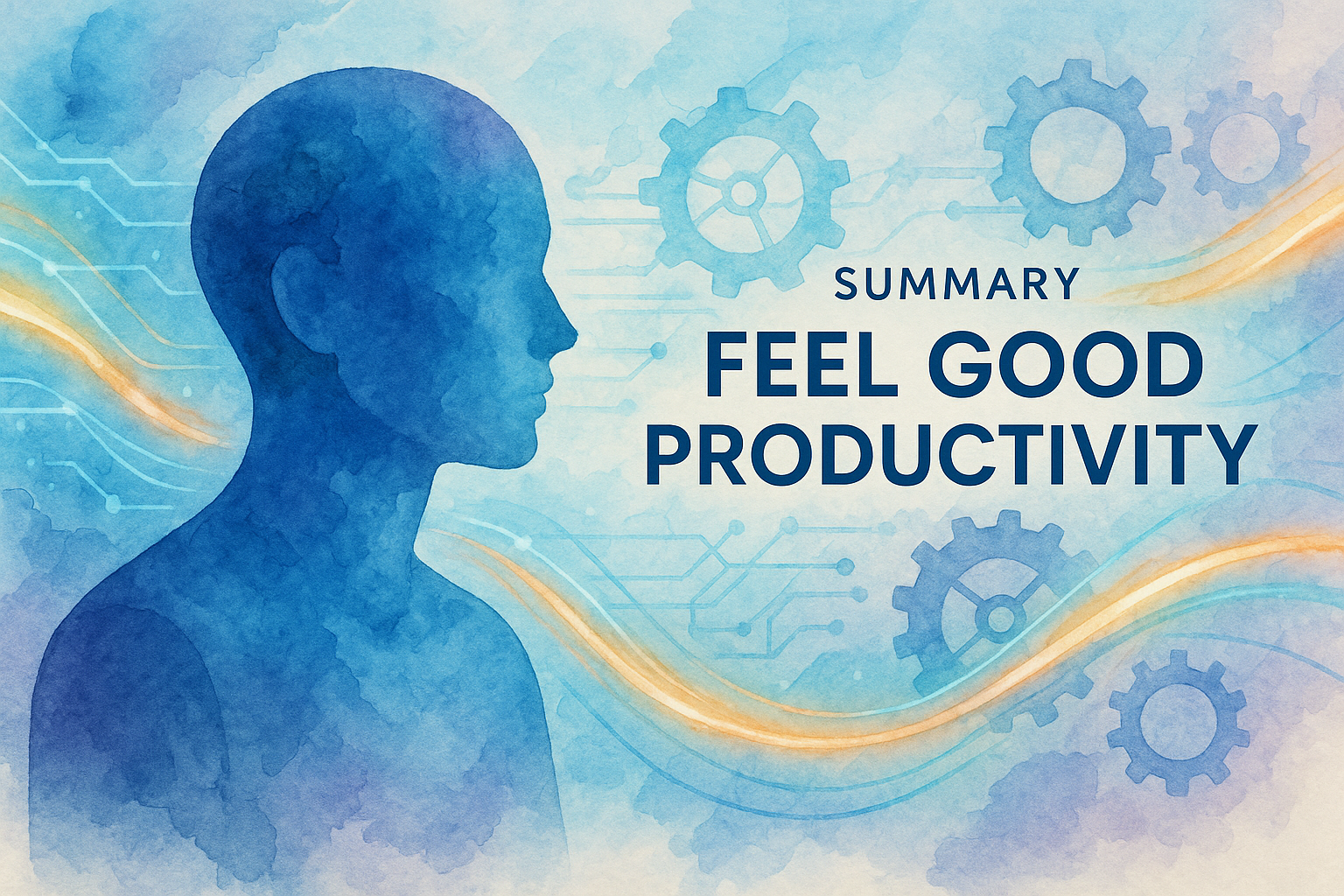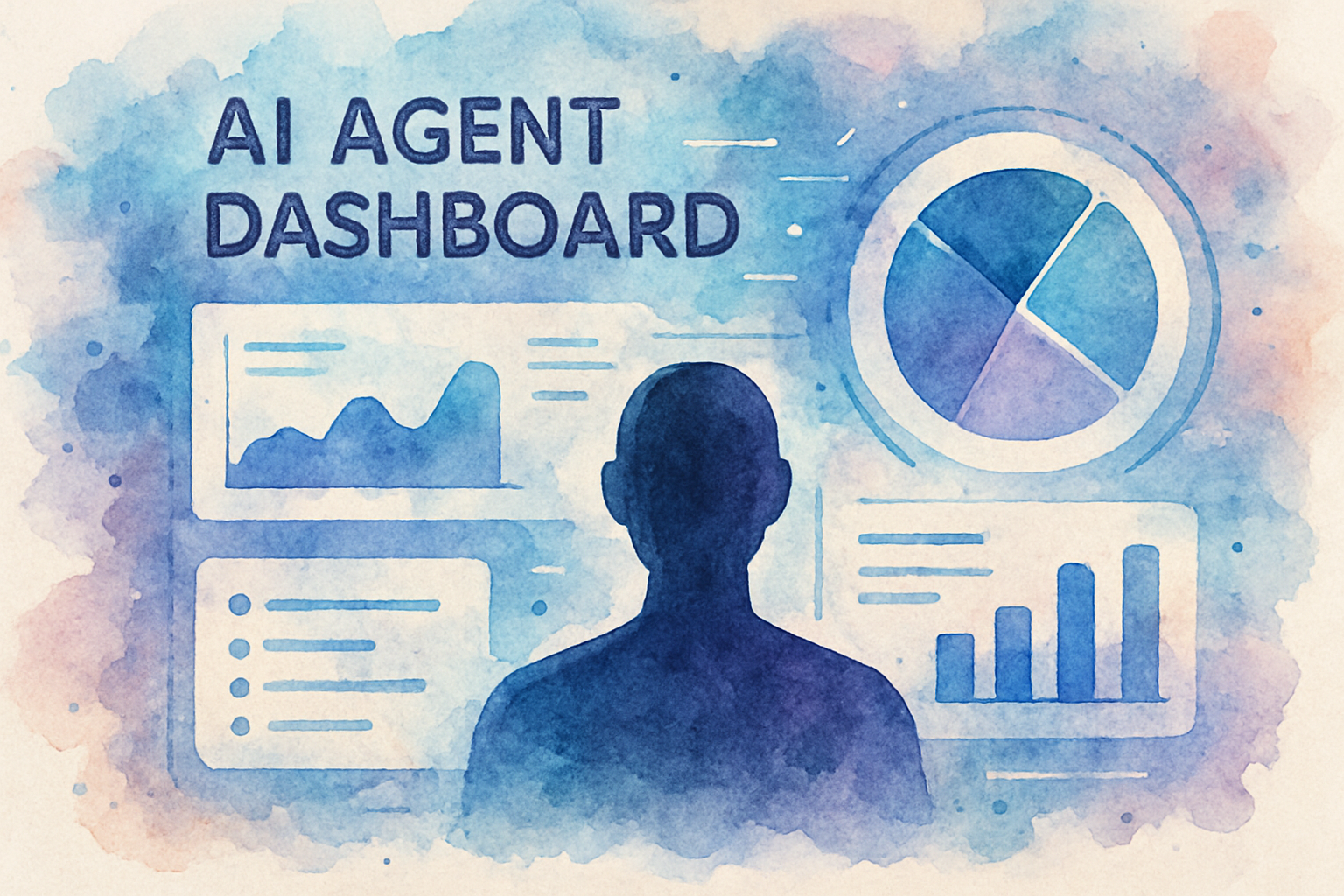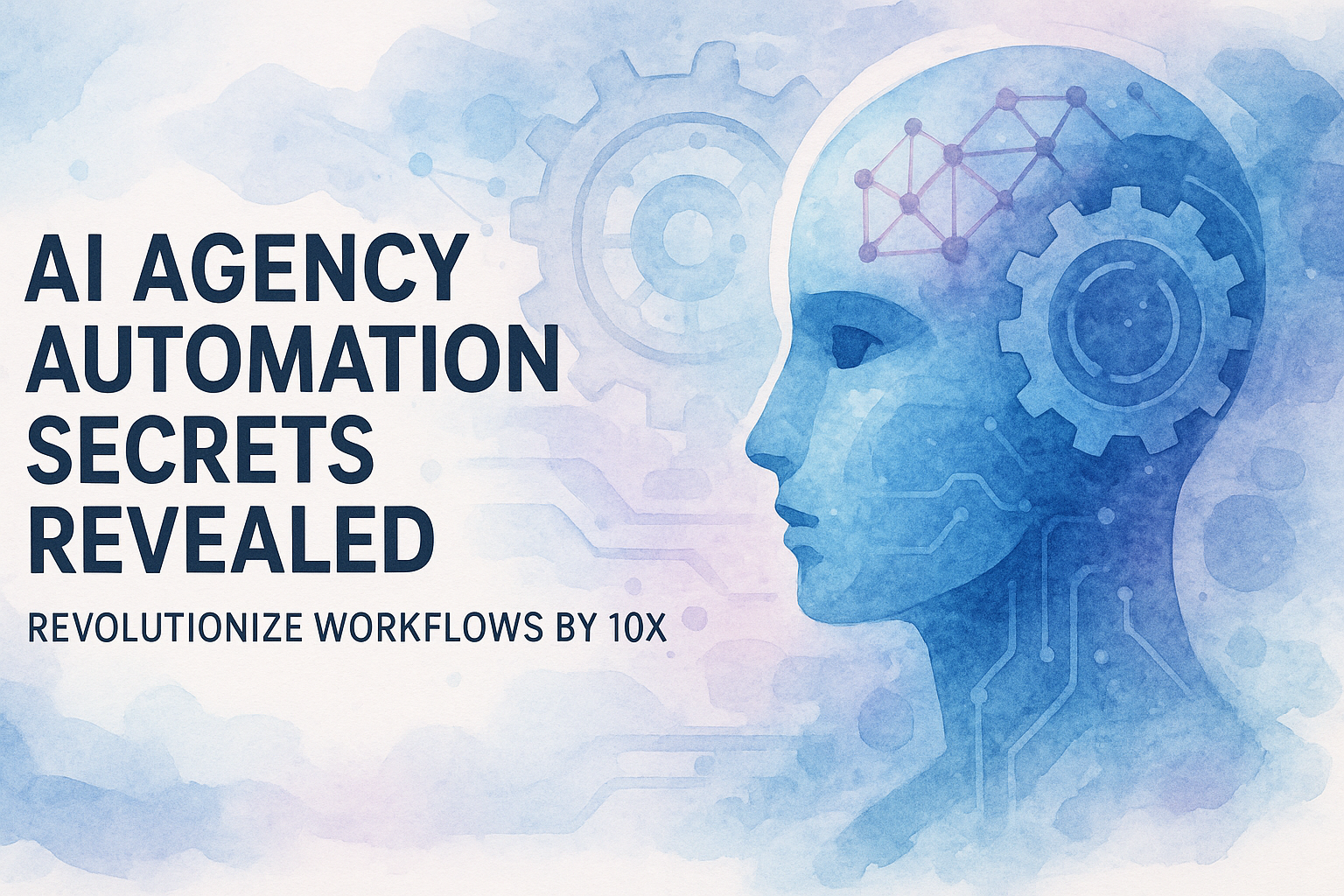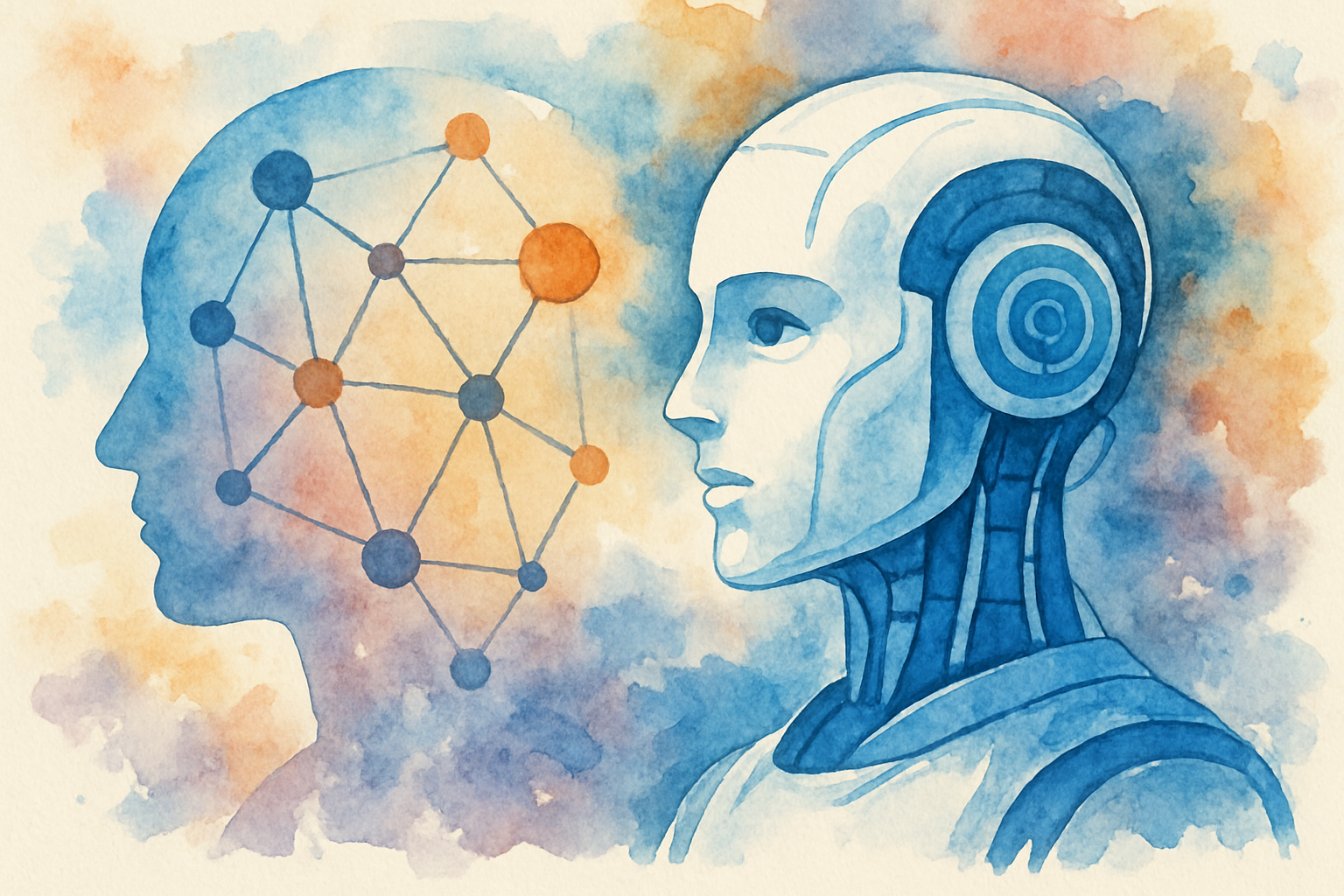Why 80% of Companies are Adapting to AI Agent Roadmap: Unlocking Business and Marketing Success
In today’s rapidly evolving digital landscape, businesses are constantly seeking innovative ways to stay ahead of the competition and drive growth. Enter the AI agent roadmap – a game-changing strategy that’s revolutionizing how companies approach marketing and business development. But what exactly is an AI agent roadmap, and how can it unlock unprecedented success for your organization?
This comprehensive guide will explore the ins and outs of AI agent roadmaps, their benefits, implementation strategies, and potential challenges. By the end of this article, you’ll have a clear understanding of how this cutting-edge technology can transform your business operations and propel you towards marketing success.
Understanding the AI Agent Roadmap: A New Frontier in Business Strategy
The AI agent roadmap is a strategic framework that leverages artificial intelligence to streamline and optimize various aspects of business operations, particularly in marketing and customer engagement. This innovative approach combines machine learning algorithms, natural language processing, and data analytics to create intelligent agents capable of performing complex tasks autonomously.
As businesses increasingly recognize the potential of AI-driven solutions, the adoption of AI agent roadmaps has skyrocketed. More than 80% of enterprises will have used generative AI APIs or deployed AI-enabled applications by 2026, up from less than 5% in 2023, according to Gartner. This rapid adoption is fueled by the numerous benefits AI agents offer, including:
- Enhanced customer experiences
- Improved operational efficiency
- Data-driven decision-making
- Personalized marketing campaigns
The Power of AI Agents: Transforming Business Growth and Marketing
Implementing an AI agent roadmap can have a profound impact on your business growth and marketing success. Let’s explore some of the key benefits and strategies associated with this revolutionary approach:
1. Hyper-Personalization at Scale
AI agents excel at analyzing vast amounts of customer data to create highly personalized experiences. By leveraging machine learning algorithms, these agents can:
- Predict customer preferences and behaviors
- Tailor product recommendations in real-time
- Customize marketing messages for individual users
- Optimize content delivery across multiple channels
This level of personalization leads to increased customer engagement, higher conversion rates, and improved customer loyalty.
2. Intelligent Automation of Marketing Tasks
AI agents can automate numerous time-consuming marketing tasks, allowing your team to focus on high-value strategic initiatives. Some areas where AI agents excel include:
- Content creation and curation
- Social media management
- Email marketing optimization
- Ad campaign management and optimization
By automating these tasks, businesses can significantly improve their operational efficiency and reduce costs associated with manual labor.
3. Data-Driven Decision Making
AI agents are capable of processing and analyzing vast amounts of data in real-time, providing valuable insights to inform business decisions. This data-driven approach enables:
- More accurate market trend predictions
- Improved customer segmentation
- Optimization of pricing strategies
- Identification of new business opportunities
By leveraging these insights, businesses can make more informed decisions and stay ahead of the competition.
Implementing Your AI Agent Roadmap: A Step-by-Step Guide
Now that we’ve explored the benefits of AI agents, let’s dive into a step-by-step guide for implementing your own AI agent roadmap:
1. Define Your Objectives and Use Cases
Start by clearly outlining your business objectives and identifying specific use cases where AI agents can add value. This might include:
- Improving customer service response times
- Enhancing lead generation and qualification
- Optimizing inventory management
- Streamlining content creation and distribution
2. Assess Your Data Infrastructure
AI agents rely on high-quality data to function effectively. Evaluate your current data infrastructure and identify any gaps or improvements needed. This may involve:
- Consolidating data from multiple sources
- Implementing data cleaning and normalization processes
- Ensuring data privacy and security compliance
3. Choose the Right AI Technologies
Select AI technologies that align with your objectives and use cases. This may include:
- Natural Language Processing (NLP) for chatbots and voice assistants
- Machine Learning algorithms for predictive analytics
- Computer Vision for image and video analysis
- Robotic Process Automation (RPA) for task automation
4. Develop and Train Your AI Agents
Work with AI experts or partner with specialized vendors to develop and train your AI agents. This process typically involves:
- Designing agent architectures
- Training models on relevant datasets
- Fine-tuning algorithms for optimal performance
- Conducting rigorous testing and quality assurance
5. Integrate AI Agents into Your Existing Systems
Seamlessly integrate your AI agents into your existing business systems and workflows. This may require:
- API integrations with CRM, ERP, and marketing automation platforms
- Developing user interfaces for agent interactions
- Establishing data pipelines for continuous learning and improvement
6. Monitor, Evaluate, and Iterate
Continuously monitor the performance of your AI agents and evaluate their impact on your business objectives. Use these insights to:
- Refine agent algorithms and models
- Identify new use cases and opportunities
- Scale successful implementations across your organization
Overcoming Challenges in AI Agent Roadmap Implementation
While the benefits of AI agent roadmaps are significant, businesses may encounter several challenges during implementation. Here are some common obstacles and strategies to overcome them:
1. Data Quality and Accessibility
Challenge: Poor data quality or siloed data sources can hinder AI agent performance.
Solution: Invest in data cleansing, integration, and governance processes to ensure high-quality, accessible data for your AI agents.
2. Skill Gap and Talent Acquisition
Challenge: The shortage of AI expertise can make it difficult to develop and maintain AI agent systems.
Solution: Partner with AI consultants or vendors, invest in employee training, and consider building a dedicated AI team within your organization.
3. Ethical Considerations and Bias
Challenge: AI agents may inadvertently perpetuate biases or raise ethical concerns.
Solution: Implement rigorous testing and monitoring processes to identify and mitigate biases. Establish clear ethical guidelines for AI usage within your organization.
4. Integration with Legacy Systems
Challenge: Integrating AI agents with existing legacy systems can be complex and time-consuming.
Solution: Develop a phased integration approach, starting with pilot projects and gradually expanding. Consider modernizing legacy systems to improve compatibility with AI technologies.
Conclusion: Embracing the AI Agent Roadmap for Future Success
The AI agent roadmap represents a powerful strategy for businesses looking to drive growth and achieve marketing success in today’s digital landscape. By leveraging intelligent agents to enhance personalization, automate tasks, and inform decision-making, companies can gain a significant competitive advantage.
As you embark on your AI agent journey, remember that successful implementation requires careful planning, continuous learning, and a willingness to adapt. By following the steps outlined in this guide and addressing potential challenges head-on, you’ll be well-positioned to unlock the full potential of AI agents for your business.
Ready to take the next step in your AI agent roadmap? Contact The Crunch today to schedule a free consultation and discover how we can help you leverage AI to transform your business operations and marketing strategies. Get started now and pave the way for unprecedented growth and success!
Frequently Asked Questions
Q1: What is an AI agent roadmap?
An AI agent roadmap is a strategic framework that leverages artificial intelligence technologies to optimize various aspects of business operations, particularly in marketing and customer engagement. It involves implementing intelligent agents capable of performing complex tasks autonomously to drive growth and improve efficiency.
Q2: How can AI agents benefit my marketing efforts?
AI agents can benefit your marketing efforts in several ways, including hyper-personalization of customer experiences, automation of routine marketing tasks, data-driven decision-making, and improved targeting and segmentation of your audience.
Q3: What are some common challenges in implementing an AI agent roadmap?
Common challenges include ensuring data quality and accessibility, addressing the skill gap in AI expertise, managing ethical considerations and potential biases, and integrating AI agents with existing legacy systems.
Q4: How long does it typically take to implement an AI agent roadmap?
The implementation timeline can vary depending on the complexity of your use cases and the readiness of your organization. A basic implementation might take 3-6 months, while more comprehensive roadmaps could take 12-18 months or longer to fully realize.
Q5: Is an AI agent roadmap suitable for small businesses?
Yes, AI agent roadmaps can be beneficial for businesses of all sizes. While the scale and complexity may differ, small businesses can leverage AI agents to improve efficiency, enhance customer experiences, and compete more effectively in their markets.



